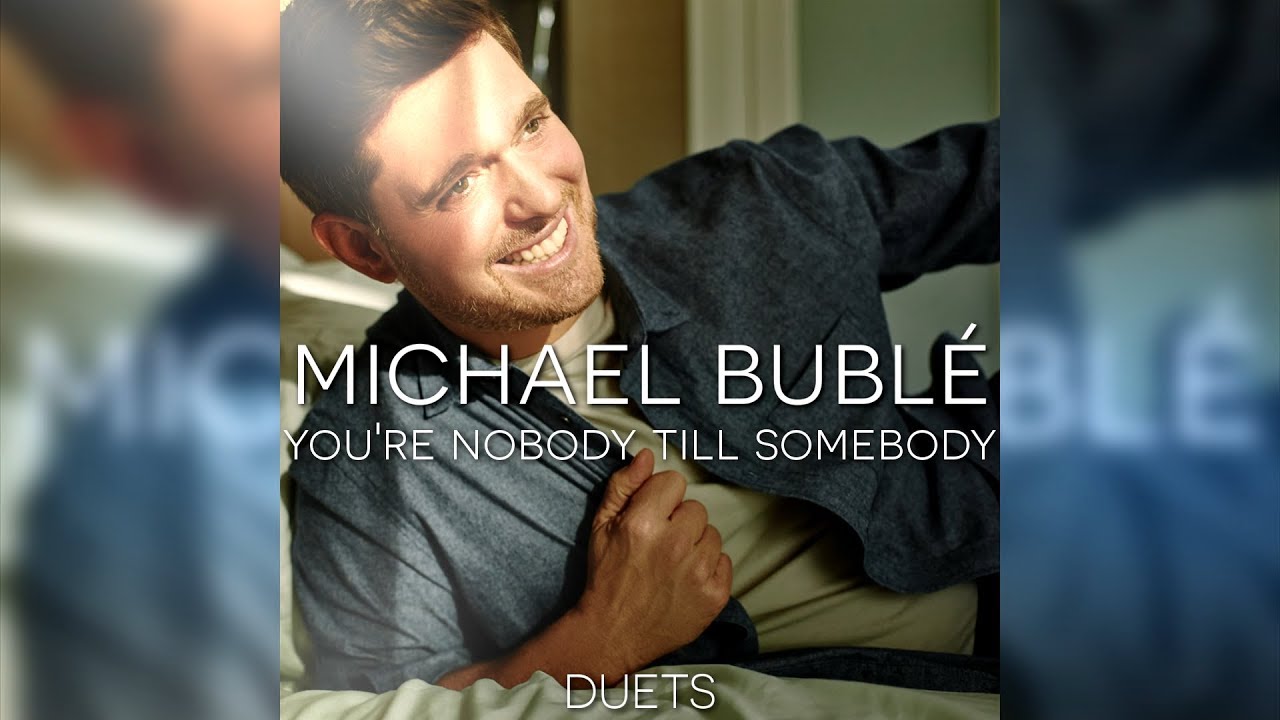

The best artists are living and breathing buffets. And so when Lil Nas X writes or raps or sings about haters, there’s an immediacy and authenticity to it that surpasses, well, literally everyone else in this industry.Īnyway, Montero is a legitimately good album. He’s just the most vocal of Lil Nas X’s haters - a group that even includes other industry peers and Lil Nas X’s own mother. The scary part - well, the scariest part of many scary parts - is that Boosie ain’t alone. Actual hetero sex becomes, well, secondary to showing everyone just how far you are from what you perceive to be “soft.” All these women around, to look at, talk to, flirt on and dance with, and you’re here just to mean mug other dudes? That behavior seemed counterintuitive, but not if you understood the tenuousness of what they perceived to be masculinity, how vital it was, to them, to protect it, and how proving a physical and sexual dominance over other men was - is - the most efficient assertion of it. It reminds me in a way of the (presumably straight) men I knew when I was (much, much) younger, who went to nightclubs just to fight. But I will admit to a curiosity about the space queer sex seems to occupy in his mind (and also in DaBaby’s mind and, yes, Dave Chappelle’s mind, too).

I won’t attempt to psychoanalyze Boosie Badazz’s obsession, which, at this point, I believe constitutes sexual harassment. ‘Montero’ holds a mirror to the anti-gay bias and trauma of the Christian church.Boosie responded with a goulash of anti-gay hysterics and a request that Lil Nas X die by suicide. Like Boosie Badazz, whose yearslong, one-sided feud with him escalated recently after Lil Nas X joked on an Instagram Live that they recorded a song together. There are people - many, many, many people - who believe he’s an abomination. Lil Nas X, however, has no need to fabricate editorial urgency. But mostly they exist the way bulletin board material does for athletes - an exaggeration (or conjuring) of grievance, weaponized to fuel motivation. I mean, Tupac Shakur and Biggie Smalls and Big L and Nipsey Hussle and Pop Smoke were actually killed. It’s shortsighted to dismiss each reference to haters as an editorial embellishment. Biggie Smalls was half right when he said, “You’re nobody till somebody kills you,” ’cause the reality is you’re nobody till somebody wants to. The most popular artists even have syndicates of stans, obsessed fans whose only waking purpose seems to be to locate and challenge anything existing under the nebulous “hate” umbrella. After many years and umpteen songs into his career, Drake is still discovering ways to invent new “friends” to, um, unfriend. Kanye West shoehorns group texts sent from them into his verses. People only hate if you matter enough to be hated.īeyoncé, of course, reminds them to “bow down” (and Becky with the Good Hair to be on call-waiting). Their presence and the articulation of their existence create both a baseline tension and an implied social proof.

The hater - both the general concept of “hating” and the actual, physical hater - is as essential to the structure and aesthetic of contemporary music as the breakbeat and the trap drum.


 0 kommentar(er)
0 kommentar(er)
